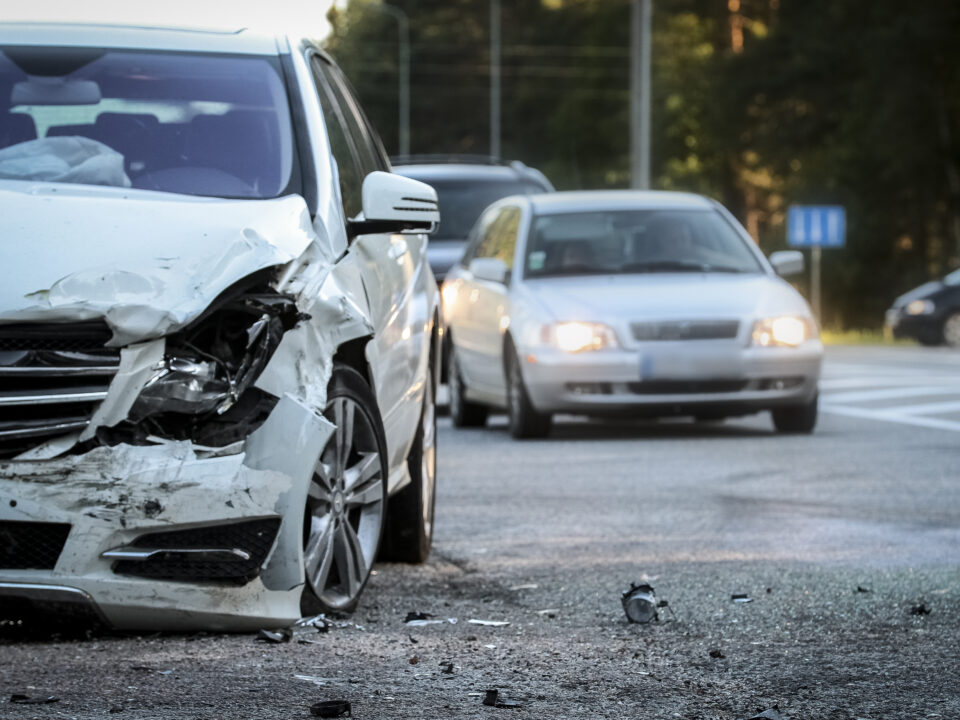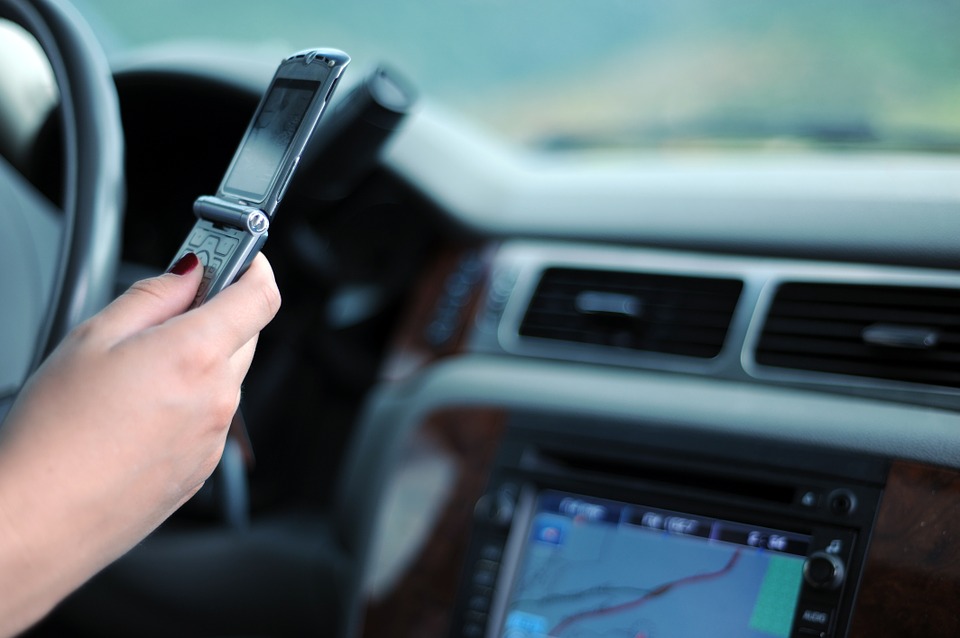
Know Your Rights: What Florida Pedestrians Need to Understand About Right-of-Way Laws
June 9, 2025
Common Motorcycle Accident Injuries Every Rider Should Know About
August 21, 2025Being involved in a car accident is stressful enough, but when the other driver lies about what happened, it can make the entire claims process feel overwhelming and unfair. Whether they’re blaming you, denying fault, or making false statements to the insurance company, you have legal options to protect yourself and pursue fair compensation.
The Carl Reynolds team is here to help. We’ll break down what to do if the other party isn’t telling the truth, and how to strengthen your car accident claim with strong evidence.
Why Would a Driver Lie About a Car Accident?
Unfortunately, not everyone tells the truth after an accident. Some drivers lie to avoid being labeled the at-fault driver, fearing higher insurance premiums, loss of their license, or even criminal charges. In more serious cases, making false statements may be an attempt to commit insurance fraud.
Common false claims include:
- Denying the accident occurred
- Blaming you for the crash
- Exaggerating or faking injuries
- Filing a false police report
- Providing false information about vehicle damage
Lying about a car accident isn’t just unethical; it can have serious legal consequences and lead to financial harm for innocent victims like you.
What to Do If the Other Driver Is Lying
If you suspect the other driver is lying, act quickly to protect your rights and strengthen your claim.
1. Gather Evidence at the Scene
At the accident scene, collect as much corroborating evidence as possible:
- Take detailed photos of all vehicle damage, skid marks, road conditions, and property damage
- Obtain witness statements and contact information
- Look for security cameras nearby or security camera footage from local businesses or homes
- Make note of the accident location and how the accident happened
This type of strong evidence can be essential in disproving false claims later.
2. File an Accurate Police Report
Always request that law enforcement respond to the crash. A detailed police report is an official account of what occurred and can serve as valuable documentation if the other party tries to change their story. If the at-fault driver lies in the report, let the officer know your concerns and request that your statement is clearly recorded.
3. Notify Your Own Car Insurance Provider
Even if the other driver is lying, you should still report the auto accident to your car insurance provider. Be honest, thorough, and provide all documentation you’ve collected. Your insurance company may launch an investigation if fraudulent misrepresentation is suspected.
4. Consult an Experienced Personal Injury Attorney
Navigating a dispute over fault, especially when dealing with insurance adjusters, can be complex. A skilled personal injury lawyer can help you:
- Collect evidence to support your claim
- Deal with the insurance company and respond to claim denial
- Prepare for legal actions if necessary
- Pursue a fair settlement for your injuries, medical expenses, and property damage
If the insurance company discovers that the other driver is lying, they may face criminal penalties for committing insurance fraud, a serious offense under Florida law.
Legal Consequences for Lying About an Accident
Lying about a car accident can carry criminal charges, including perjury, obstruction of justice, and insurance fraud. In certain circumstances, you may be able to sue someone for lying, especially if their actions resulted in financial consequences or reputational damage.
Some possible outcomes for the at-fault driver include:
- Civil liability for damages
- Criminal penalties for fraudulent misrepresentation
- Loss of coverage or blacklisting by their insurer
- Exposure to a malicious prosecution lawsuit, if they falsely accuse you
How to Strengthen Your Car Accident Claim
To protect yourself against false information, build a solid case with documentation like:
- Photos and videos from the scene
- Eyewitness accounts
- Medical records and bills
- Phone records or GPS logs, when relevant
- Dashcam footage (if available)
- A detailed written statement of your version of events
Working with personal injury attorneys can help you present a clear, compelling claim backed by other evidence, especially if the other driver lied.
Don’t Let a Lie Derail Your Case
It’s frustrating and unfair when someone lies about a car crash, but you’re not powerless. With the help of an experienced car accident attorney, you can navigate the legal process, protect your rights, and pursue fair compensation.
If you’re facing a car accident claim complicated by false statements, reach out to Carl Reynolds Law today for a free consultation. We’re here to help you get the truth out—and the justice you deserve.






